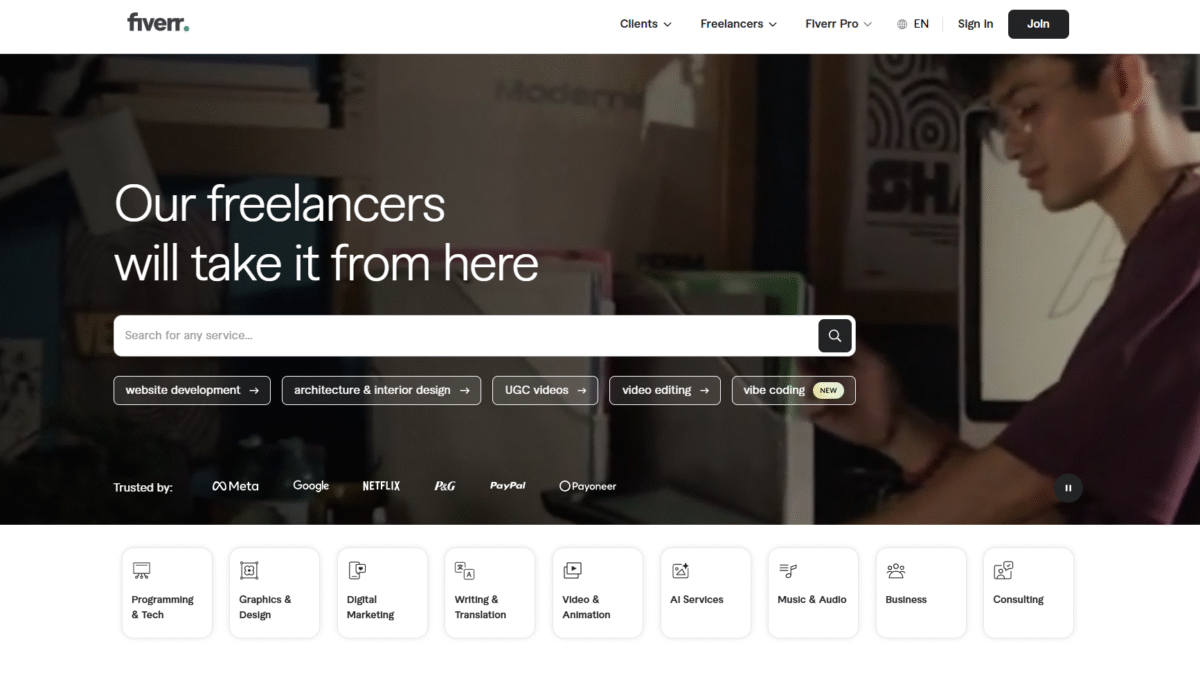
Effective SEO Keyword Research Tips for Winning Projects
In today’s competitive digital landscape, mastering SEO keyword research can make or break your project’s success. By honing in on the right terms, you’ll drive qualified traffic, boost engagement, and see measurable results. Whether you’re launching a new website, writing blog posts, or optimizing product pages, strategic keyword research lays the foundation for sustainable growth.
1. Define Your Goals and Audience
Before diving into tools and data, clarify the purpose of your project. Ask yourself:
- Who are my ideal customers or readers?
- What problems are they trying to solve?
- Which stage of the buying or decision process are they in?
Knowing your audience helps you uncover the search terms they actually use. From there, you can prioritize keywords that align with your brand message and content strategy.
2. Brainstorm Seed Keywords
Start by compiling a list of broad topics related to your niche. For example, if you’re in the health and wellness space, you might begin with “nutrition tips” or “home workouts.” These “seed keywords” will fuel your deeper research.
Brainstorming techniques:
- Review competitor websites and note recurring phrases.
- Survey your customers or followers to learn their common search queries.
- Use autocomplete suggestions in search engines for real-time insights.
3. Leverage Keyword Research Tools
Powerful tools can save hours of manual work and deliver rich data on search volume, competition, and related queries. Popular options include Google Keyword Planner, Ubersuggest, and SEMrush.
- Search Volume: How many times users search for a term each month.
- Keyword Difficulty: An estimate of how hard it is to rank on the first page.
- Related Terms: Additional keywords and long-tail phrases you may have overlooked.
By exporting and filtering results, you’ll uncover high-opportunity keywords that balance traffic potential with realistic ranking chances.
4. Analyze Competitor Keywords
Studying competitors reveals gaps in your own strategy. Identify the top pages ranking for your target keywords and examine their on-page SEO elements:
- Title tags and meta descriptions
- Content length and structure
- Use of headings and internal links
This research helps you understand what Google rewards and where you can improve with more comprehensive or focused content.
5. Prioritize and Organize Keywords
Once you have a master list, group keywords into themed clusters based on intent:
- Informational: “how to,” “what is,” and tutorials
- Transactional: “buy,” “order,” “discount,” and product terms
- Navigational: brand names, specific URLs
Use a spreadsheet or SEO tool to assign each keyword a priority score. Focus first on terms that drive the highest ROI based on volume, difficulty, and relevance.
6. Create Content Around Long-Tail Variations
Long-tail keywords are longer, more specific phrases that often have lower search volume but higher conversion potential. Examples include “best ergonomic office chair under $200” instead of simply “office chair.”
Advantages of long-tail targeting:
- Less competition, easier to rank
- Higher user intent and conversion rates
- Opportunity to capture niche audiences
7. Monitor Performance and Refine
SEO is not a one-and-done task. Track your rankings, traffic patterns, and conversion metrics on a regular cadence. Use tools like Google Analytics and Search Console to identify:
- Which keywords are driving the most organic visits
- Pages that need content updates or keyword tweaks
- New keyword opportunities emerging over time
Refinement ensures your strategy adapts to shifting search trends and algorithm updates.
8. Outsource Implementation for Scalability
High-impact SEO requires consistent content creation, site audits, and technical optimizations. If you’re balancing multiple projects, consider partnering with experts to speed up execution.
With Get 10% OFF your First Order on Fiverr, you can tap into a global pool of talented SEO specialists, copywriters, and developers. They’ll help you:
- Conduct in-depth keyword and competitor audits
- Create optimized blog posts and landing pages
- Implement on-page and technical fixes for faster rankings
9. Best Practices to Avoid Common Pitfalls
Stay clear of these mistakes:
- Keyword stuffing: Overloading content with repeated terms harms readability and rankings.
- Ignoring user intent: Align content with what searchers actually seek, not just your own agenda.
- Neglecting mobile: Ensure your pages load fast and display correctly on all devices.
By following best practices, you’ll build lasting authority and avoid search engine penalties.
10. Scaling Your SEO Keyword Research Process
As your business grows, you’ll need a repeatable system for ongoing keyword discovery and analysis. Consider these steps:
- Set up automated reports for new keyword opportunities.
- Maintain a content calendar aligned with your keyword clusters.
- Outsource routine tasks to freelancers or agencies for efficiency.
Ready to take your SEO keyword research to the next level? Partner with top-rated experts on Fiverr and watch your visibility—and conversions—soar. Get 10% OFF your First Order on Fiverr today and jumpstart your success.
Get 10% OFF your First Order on Fiverr by clicking here. Start outperforming your competition and win every project with precision keyword targeting.
